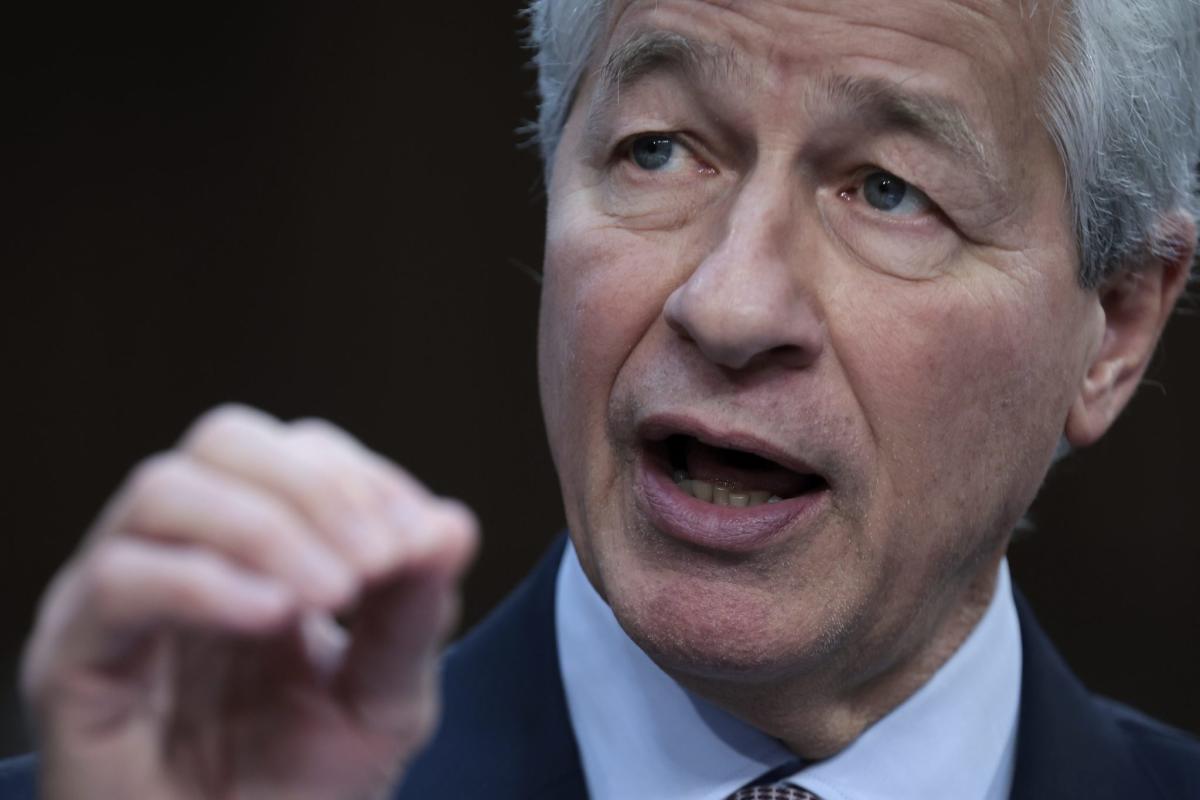Without taking the right measures to allow companies to grow and prosper in the public markets, America could lose its edge.

fortune.com
Without taking the right measures to allow companies to grow and prosper in the public markets, America could lose its edge.

finance.yahoo.com
Jamie Dimon is right. The number of U.S. public companies is plummeting—and that’s bad news for the democratic component of the economy
The U.S. economy is the most powerful and formidable in the world—and lots can be done to improve it. While economists focus on inflation and interest rates and politicians consider options through the lens of an election year, there’s a worrying trend that needs reversing if we are to maintain U.S. dominance and continue enjoying the benefits of our economy: There are fewer public companies in the U.S. than ever before.
JPMorgan CEO Jamie Dimon raised this issue in his annual letter a couple of weeks ago. In the mid-1990s, there were nearly 8,000 public companies listed in the U.S. Today, there are half as many, and at the current rate, we’ll see that number halved again by 2044. “The total should have grown dramatically, not shrunk,” Dimon wrote.
This reduction has been staggering in speed and scale, and it must be addressed, so entrepreneurship and innovation can flourish. Exit opportunities are critical to the promise of American innovation, and neglecting them will be to our collective detriment. It’s not only changing private markets but it’s also bad for our economy at large. It’s high time we reopen our public markets and incentivize the sort of innovation on which our economy depends.
Several factors have precipitated this decline: mergers and acquisitions among public companies, increased regulatory hurdles and compliance costs, and the availability of more capital to allow companies to stay private for longer and avoid the pressure to deliver short-term results that comes with being public. The market is just not producing new listings quickly enough to keep pace—and it needs to make a stronger case for why companies should choose to go public instead of continuing along alternative paths.
The 2022 IPO market represented a 32-year low, and 2023 wasn’t any better (despite recent high-profile IPOs such as Ibotta, Reddit, and Astera Labs). But exit opportunities must exist. Young companies must build with the knowledge that public markets are open and promise lucrative returns. If that hope dims, the best and the brightest will turn their attention away from innovation. It’s worth noting that the EU is experiencing similar declines, while Asian exchanges are growing.
We need tools to help companies go public in the $1-to-5 billion range, which used to be common and is now all but impossible. Without proper measures, America’s reputation as the best region to do business and change the world through technology will be at risk.
There not as many public businesses and that is going to continue to shrink.
The comment section of that YouTube video is people saying how tone-deaf mainstream media is about the struggles regular people are having in this economy.




